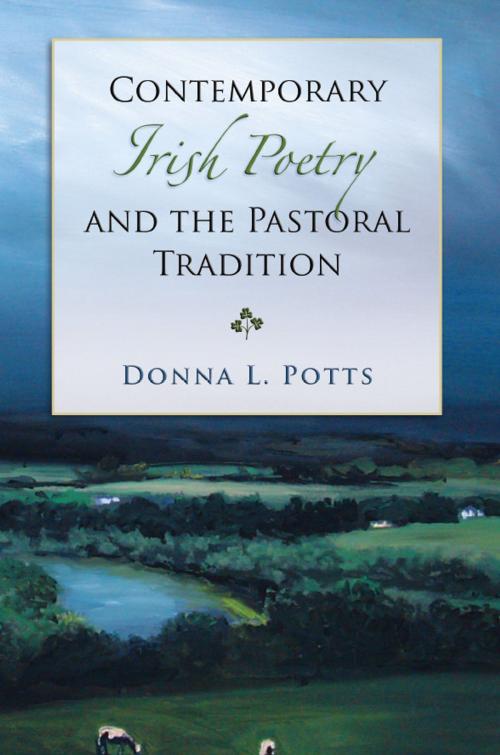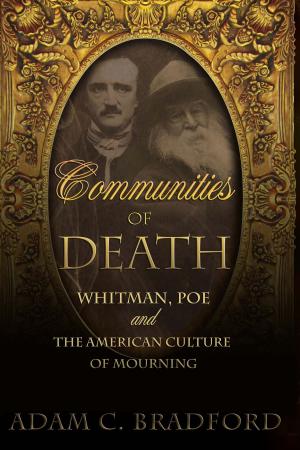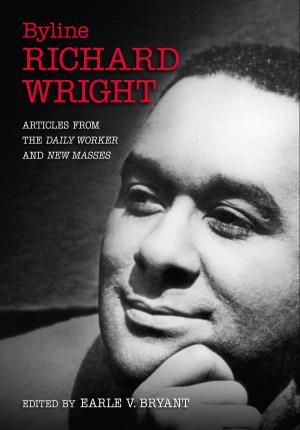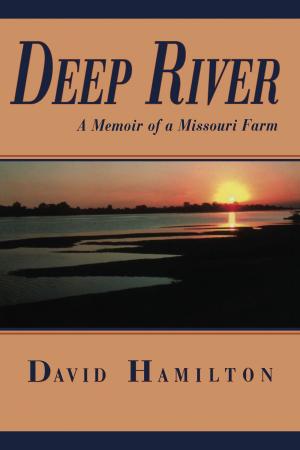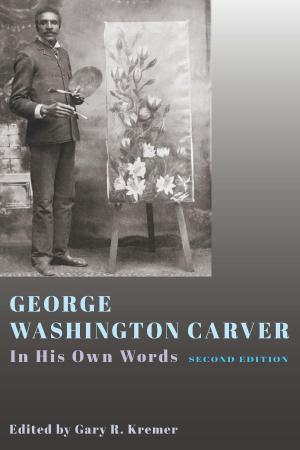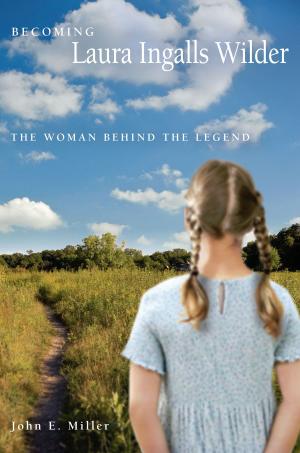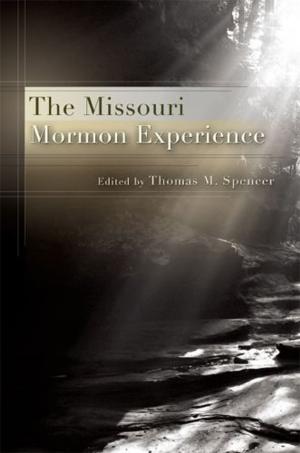Contemporary Irish Poetry and the Pastoral Tradition
Fiction & Literature, Literary Theory & Criticism, British| Author: | Donna L. Potts | ISBN: | 9780826272690 |
| Publisher: | University of Missouri Press | Publication: | January 1, 2012 |
| Imprint: | University of Missouri | Language: | English |
| Author: | Donna L. Potts |
| ISBN: | 9780826272690 |
| Publisher: | University of Missouri Press |
| Publication: | January 1, 2012 |
| Imprint: | University of Missouri |
| Language: | English |
In Contemporary Irish Poetry and the Pastoral Tradition, Donna L. Potts closely examines the pastoral genre in the work of six Irish poets writing today. Through the exploration of the poets and their works, she reveals the wide range of purposes that pastoral has served in both Northern Ireland and the Republic: a postcolonial critique of British imperialism; a response to modernity, industrialization, and globalization; a way of uncovering political and social repercussions of gendered representations of Ireland; and, more recently, a means for conveying environmentalism’s more complex understanding of the value of nature.
Potts traces the pastoral back to its origins in the work of Theocritus of Syracuse in the third century and plots its evolution due to cultural changes. While all pastoral poems share certain generic traits, Potts makes clear that pastorals are shaped by social and historical contexts, and Irish pastorals in particular were influenced by Ireland’s unique relationship with the land, language, and industrialization due to England’s colonization.
For her discussion, Potts has chosen six poets who have written significant collections of pastoral poetry and whose work is in dialogue with both the pastoral tradition and other contemporary pastoral poets. Three poets are men—John Montague, Seamus Heaney, Michael Longley—while three are women—Eavan Boland, Medbh McGuckian, Nuala Ní Dhomhnaill. Five are English-language authors, while the sixth—Ní Dhomhnaill—writes in Irish. Additionally, some of the poets hail from the Republic, while others originate from Northern Ireland. Potts contends that while both Irish Republic and Northern Irish poets respond to a shared history of British colonization in their pastorals, the 1921 partition of the country caused the pastoral tradition to evolve differently on either side of the border, primarily because of the North’s more rapid industrialization; its more heavily Protestant population, whose response to environmentalism was somewhat different than that of the Republic’s predominantly Catholic population; as well the greater impact of the world wars and the Irish Troubles.
In an important distinction from other studies of Irish poetry, Potts moves beyond the influence of history and politics on contemporary Irish pastoral poetry to consider the relatively recent influence of ecology. Contemporary Irish poets often rely on the motif of the pastoral retreat to highlight various environmental threats to those retreats—whether they be high-rises, motorways, global warming, or acid rain. Potts concludes by speculating on the future of pastoral in contemporary Irish poetry through her examination of more recent poets—including Moya Cannon and Paula Meehan—as well as other genres such as film, drama, and fiction.
In Contemporary Irish Poetry and the Pastoral Tradition, Donna L. Potts closely examines the pastoral genre in the work of six Irish poets writing today. Through the exploration of the poets and their works, she reveals the wide range of purposes that pastoral has served in both Northern Ireland and the Republic: a postcolonial critique of British imperialism; a response to modernity, industrialization, and globalization; a way of uncovering political and social repercussions of gendered representations of Ireland; and, more recently, a means for conveying environmentalism’s more complex understanding of the value of nature.
Potts traces the pastoral back to its origins in the work of Theocritus of Syracuse in the third century and plots its evolution due to cultural changes. While all pastoral poems share certain generic traits, Potts makes clear that pastorals are shaped by social and historical contexts, and Irish pastorals in particular were influenced by Ireland’s unique relationship with the land, language, and industrialization due to England’s colonization.
For her discussion, Potts has chosen six poets who have written significant collections of pastoral poetry and whose work is in dialogue with both the pastoral tradition and other contemporary pastoral poets. Three poets are men—John Montague, Seamus Heaney, Michael Longley—while three are women—Eavan Boland, Medbh McGuckian, Nuala Ní Dhomhnaill. Five are English-language authors, while the sixth—Ní Dhomhnaill—writes in Irish. Additionally, some of the poets hail from the Republic, while others originate from Northern Ireland. Potts contends that while both Irish Republic and Northern Irish poets respond to a shared history of British colonization in their pastorals, the 1921 partition of the country caused the pastoral tradition to evolve differently on either side of the border, primarily because of the North’s more rapid industrialization; its more heavily Protestant population, whose response to environmentalism was somewhat different than that of the Republic’s predominantly Catholic population; as well the greater impact of the world wars and the Irish Troubles.
In an important distinction from other studies of Irish poetry, Potts moves beyond the influence of history and politics on contemporary Irish pastoral poetry to consider the relatively recent influence of ecology. Contemporary Irish poets often rely on the motif of the pastoral retreat to highlight various environmental threats to those retreats—whether they be high-rises, motorways, global warming, or acid rain. Potts concludes by speculating on the future of pastoral in contemporary Irish poetry through her examination of more recent poets—including Moya Cannon and Paula Meehan—as well as other genres such as film, drama, and fiction.
